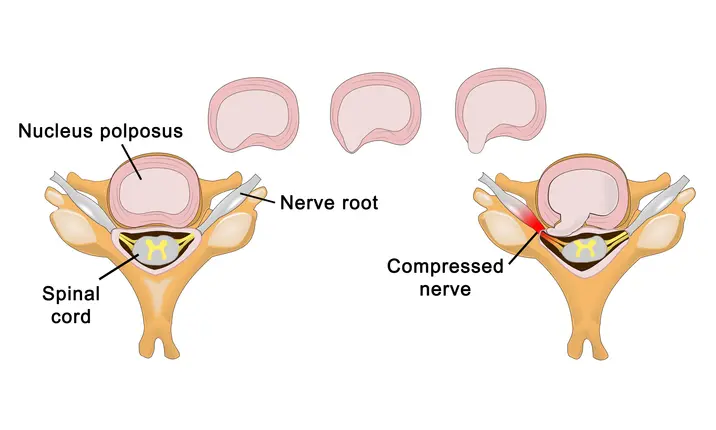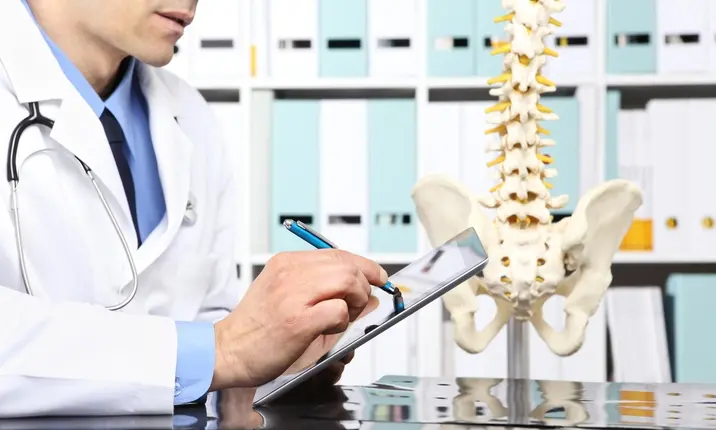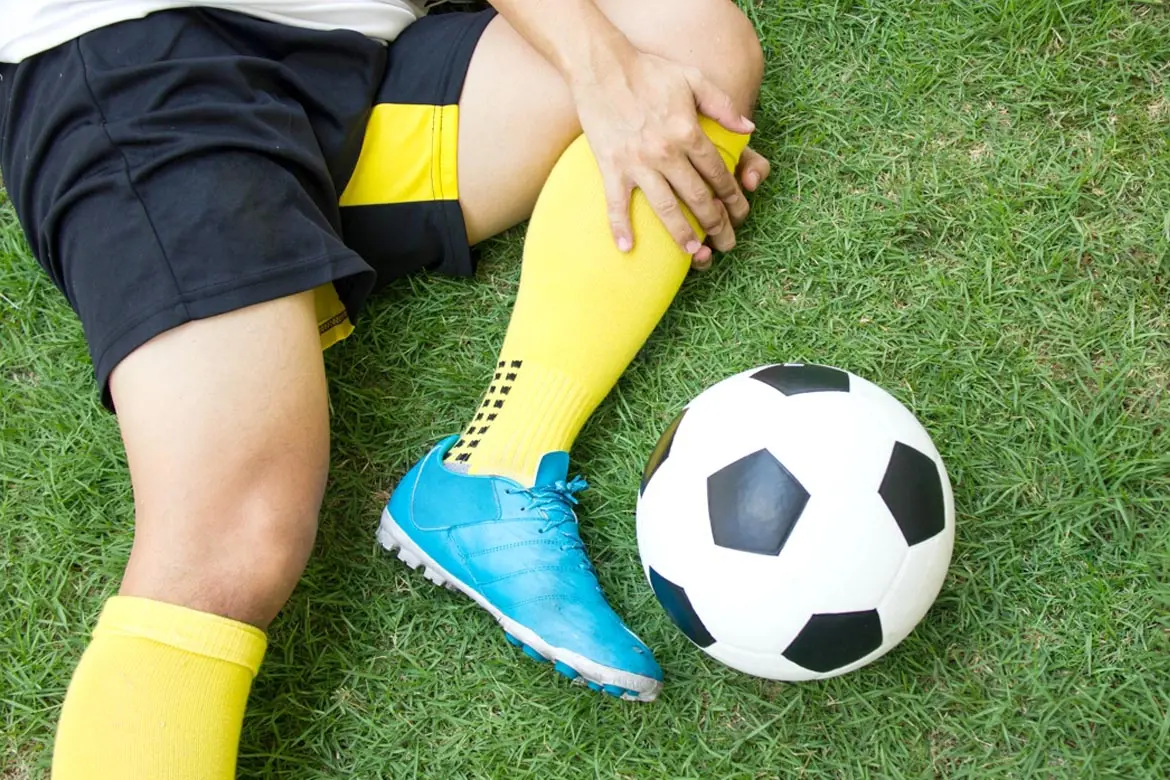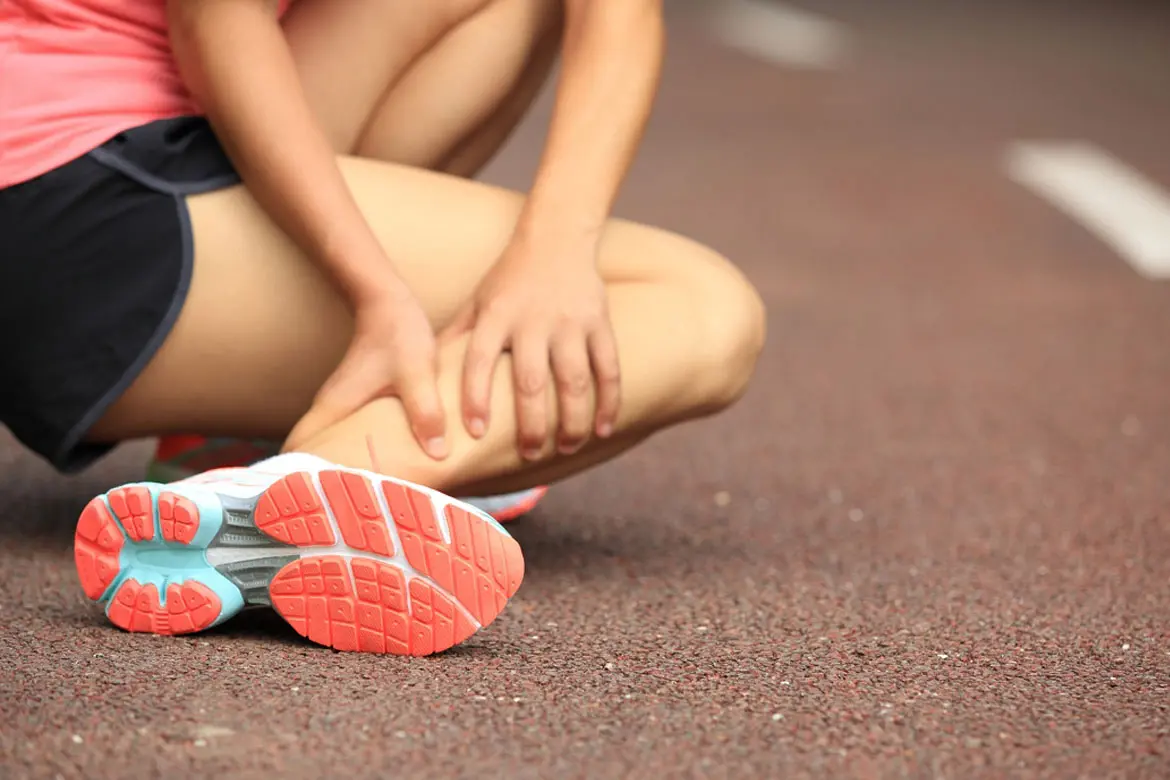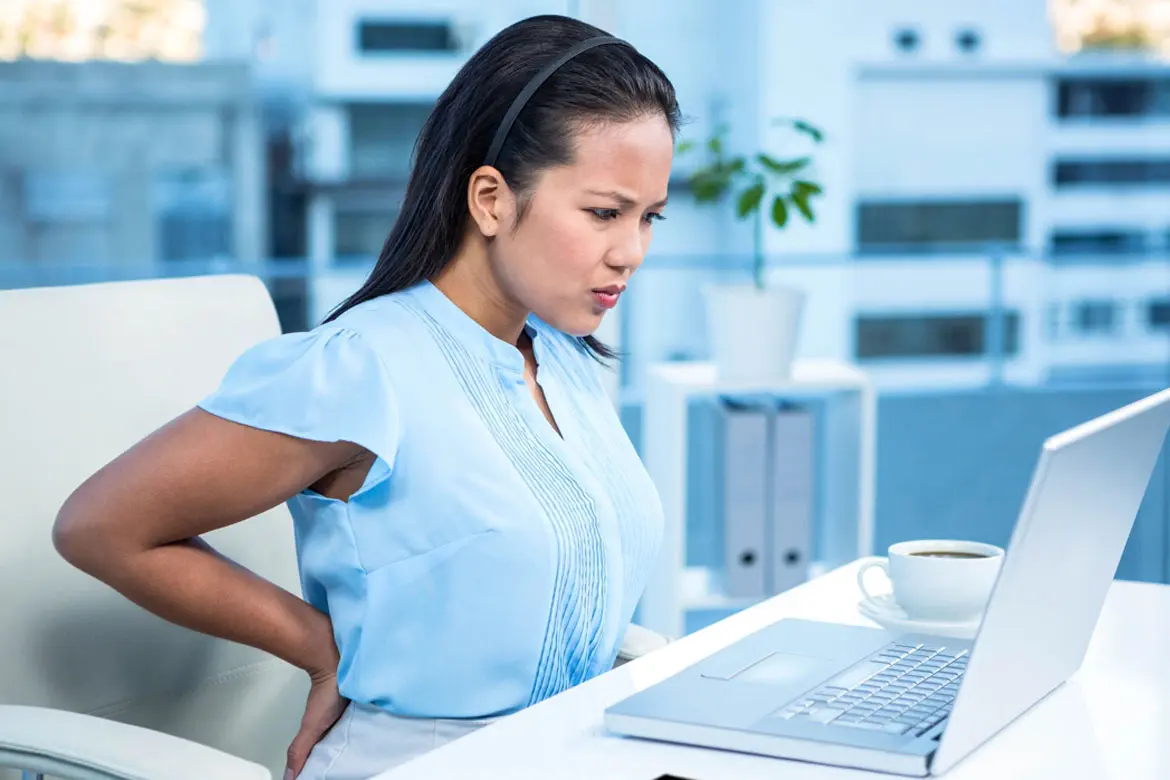Lounging on a comfortable couch may sound like the perfect way to wind down after a long day at work. But with a slipped disc, you may not be able to stand up afterwards.
According to medical research, slipped discs are most prevalent in people aged 30 – 50. Males are twice as prone to the condition compared to females.
If you think you may have a slipped disc, don't be afraid to speak to a doctor.
So, what exactly is a slipped disc?
A slipped disc occurs when the "gel" covering a disc in the spine herniates and shifts, due to degeneration of disc elasticity. A slipped disc is also known as a 'herniated', 'ruptured' or 'prolapsed' disc.
Between each vertebra in our spine are discs that keep it supple. These discs also act as shock absorbers.
"Depending on the severity of the slipped disc, a person's disc may be bulging, but not prolapsed, or slipped," explains Dr Chua Soo Yong, orthopaedic surgeon and spine specialist at Mount Elizabeth Hospital. "In more serious cases, the disc may rupture and allow the "jelly-like substance" (nucleus pulposus) within it to protrude."
In more serious cases, the nucleus pulposus may detach itself from the disc entirely and occupy the space in the spinal canal, causing severe nerve compression, adds Dr Chua.
What causes a slipped disc?
The main cause of a slipped disc is wear and tear. As you age, your discs may lose their elasticity and become more prone to damage. Any activity that puts pressure on the spine may lead to a slipped disc.
However, genetics and environmental factors also contribute to a higher chance of developing a slipped disc.
"Some people have a family history of slipped discs, so they have a higher genetic predisposition to it," says Dr Chua. "People who exercise incorrectly or sit for long periods are also more prone to this."
Sitting, especially with poor posture, puts more pressure on your back than standing or lying down, he adds.
One lesser-known cause of slip disc is smoking. The toxins from cigarettes and other tobacco products prevent your discs from getting the nutrients they need to stay healthy and flexible. This, in turn, can accelerate the degeneration of your disc and contribute to further disc damage.
What are the signs and symptoms of a slipped disc (prolapsed or herniated disc)?
It's not always easy to tell the difference between discomfort caused by a muscle strain and pain caused by a slipped disc.
"If you experience numbness or pain that shoots down your legs (radicular pain), it's likely you have a slipped disc and that the exposed substance in the disc is pinching the nerves that run from your lower spine to your foot," says Dr Chua. "But a slipped disc can only be confirmed after magnetic resonance imaging (MRI) is done on the patient."
Discomfort from a backache or muscle strain usually goes away within 6 weeks, while pain caused by a slipped disc may progressively become more severe.
Signs and symptoms of a slipped disc include:
- Lower back pain that travels down to the buttock or leg (sciatica)
- Numbness or pain that radiates down your legs
- Pain when raising your lower limbs from a lying position
Dr Chua shares that some people suffer from a slipped disc for years before they decide to see a doctor.
"These patients usually have slipped discs that aren't very severe. They experience stiff backs or backaches without radicular pain, so they dismiss it because they have a higher pain threshold, until they sense that something isn't quite right," says Dr Chua.
Left untreated, a slipped disc may lead to complications such as incontinence when the disc presses against the nerves that go to the bladder or bowel, or partial paralysis when the disc increasingly presses on a nerve to the lower limbs.
How do you treat a slipped disc?
According to Dr Chua, surgery is usually considered only after more conservative methods have been exhausted, or if there's evidence of pressure on the spinal cord or the cauda equina area, causing incontinence.
Physiotherapy
For less severe cases of herniated or slipped disc, getting sufficient rest, treatment by taking painkillers, and attending physiotherapy and rehabilitation programmes for a few weeks to minimise the risk of future injury may be sufficient for recovery.
However, if there's excruciating pain, loss of movement in the lower limbs, or incontinence, an urgent surgery may be recommended.
Surgery
"Surgery will solve the mechanical nerve compression caused by the slipped disc, and the pain will be relieved immediately," says Dr Chua. "But physiotherapy after surgery is needed to rehabilitate the patient's back muscles as they would usually be very tight and weak after suffering a prolonged period of back pain."
Is surgery a permanent fix?
The probability of relapse after surgery is not high, but unfortunately, there is no guarantee your slipped disc won't recur.
"It depends on a few factors, such as whether there are fragments in the disc that may extrude again, or if another disc at another level may dislodge, causing another nerve compression," says Dr Chua.
If you suffer from recurring back pain, consult an orthopaedic specialist to learn more about your condition.


